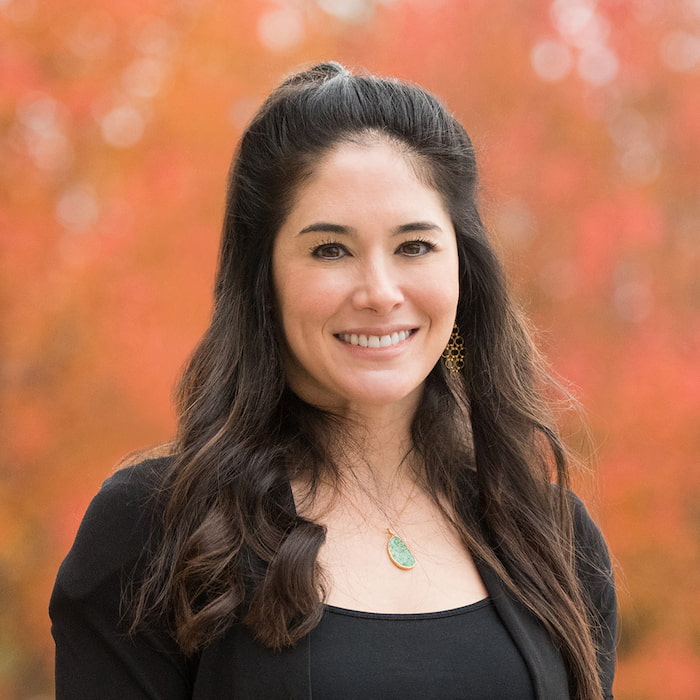Kind. Compassionate. Giving. Thoughtful. Those are just a few of the accolades pulled from a lengthy list of attributes that family members use to describe Samuel Fisher—a son, brother and friend who made an indelible mark on the lives of those he encountered. Five years after his death at the age of 24, his legacy continues to grow and flourish, positively impacting even more people, including those who never had the opportunity to meet him.

On May 4, the
Mass General Dermatology Department gathered for its first Samuel Fisher Memorial Lecture, endowed by Fisher’s parents,
David Fisher, MD, PhD, chief of Dermatology, and his wife, Claire Fung Fisher, MD, of Radiation Oncology at Beth Israel Deaconess. Its inaugural speaker was
Jennifer Tan, MD, director of Dermatology for the Boston Health Care for the Homeless Program (BHCHP), who presented “Building Bridges Between Dermatology and Homeless Medicine: Compassion, Partnership and Legacy.”
During his welcoming remarks,
Peter L. Slavin, MD, Mass Geneal president, marveled at all that Samuel had accomplished in his life and thanked the Fisher family for the creation of the annual lecture series. “It is through your generosity and love that Sammy’s memory and legacy will continue on here at Mass General and will help us teach important lessons to many more people far into the future.”
During her virtual presentation, Tan discussed the many barriers faced by those who are experiencing homelessness and the prevalence of skin disease in this population. Some 535 BHCHP patients made 756 dermatology visits over the course of seven years, receiving treatment for inflammatory and infectious diagnoses, as well as for cancerous growths. Tan said there are a number of misconceptions about patients experiencing homelessness–that they are nomadic or incapable of follow-up care, for example—but she said that is vastly different from her experience. Tan’s patients are often able to control their skin disease by coming to the clinic and following recommended treatments.
Tan’s work within the homeless community would have been especially meaningful to Sammy, who was known to offer food and friendship to those experiencing homelessness and would sometimes invite them to dine with him at a local restaurant.
“Sammy recognized the common humanity that binds us together and it is that humanity that should propel us to take care of each other, recognizing we are all born with different opportunities and privilege,” Tan said.
Prior to Tan’s lecture, one of Sammy’s three brothers, Jonathan Fisher, MD, a first-year Dermatology resident at UCLA in California, shared fond memories of his younger sibling and said he had thought about how he could draw a connection between Sammy’s life and the Dermatology Department for this event. He shared that one of his attending physicians describes seborrheic keratosis (SK)–a common, noncancerous skin growth–as a sign of wisdom and maturity.
“Now Sammy didn’t grow old enough to grow any SKs, but to those who knew him, he was our sign of wisdom and maturity,” Jonathan Fisher said. “We are so pained by his loss, but we try to keep the mature and wise outlook that he taught us to always be appreciative of what we have and to be focused on the love around us.”


 On May 4, the
On May 4, the 